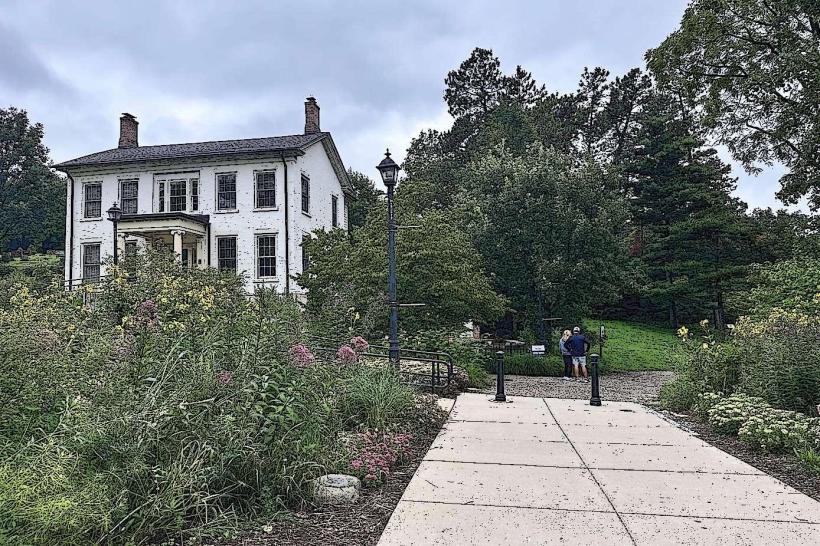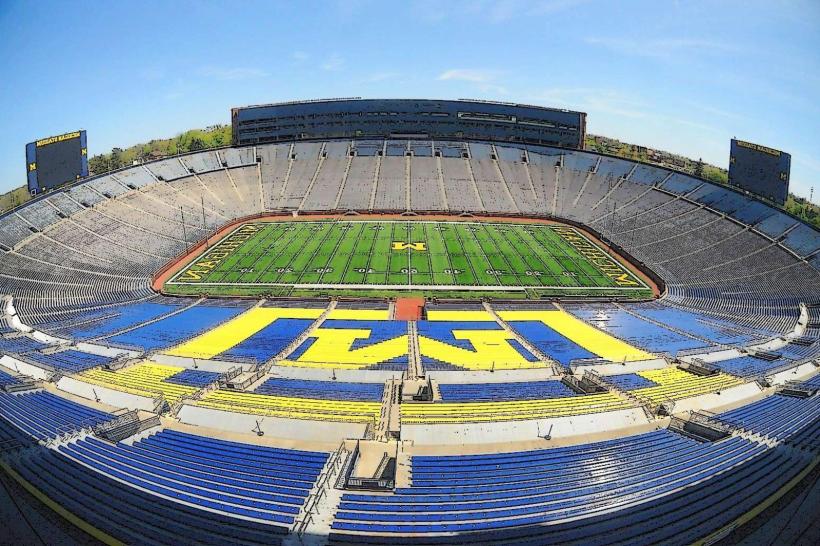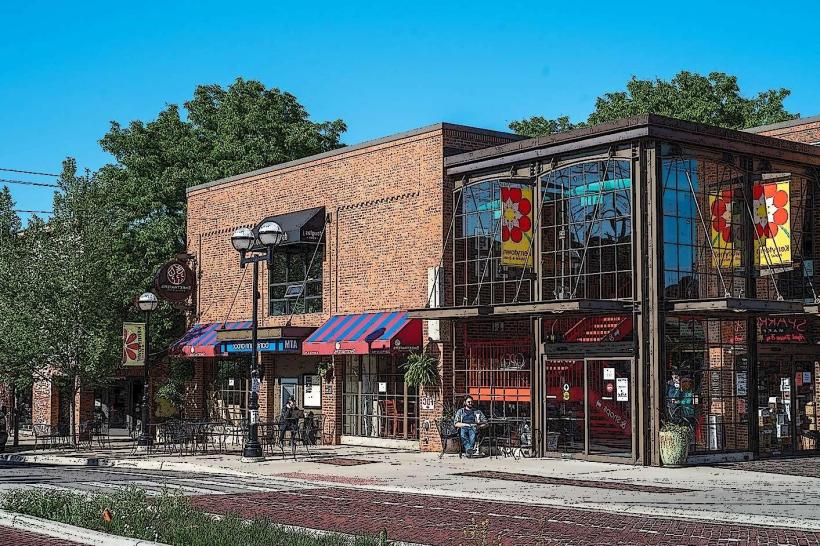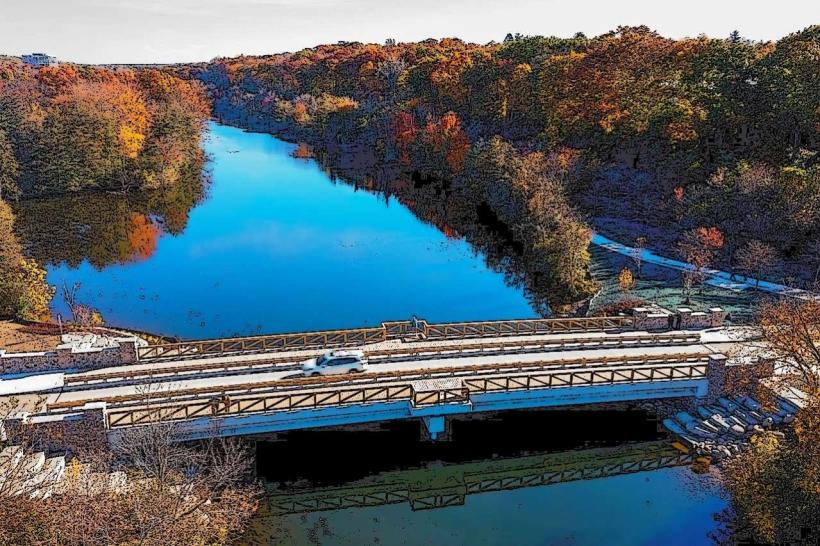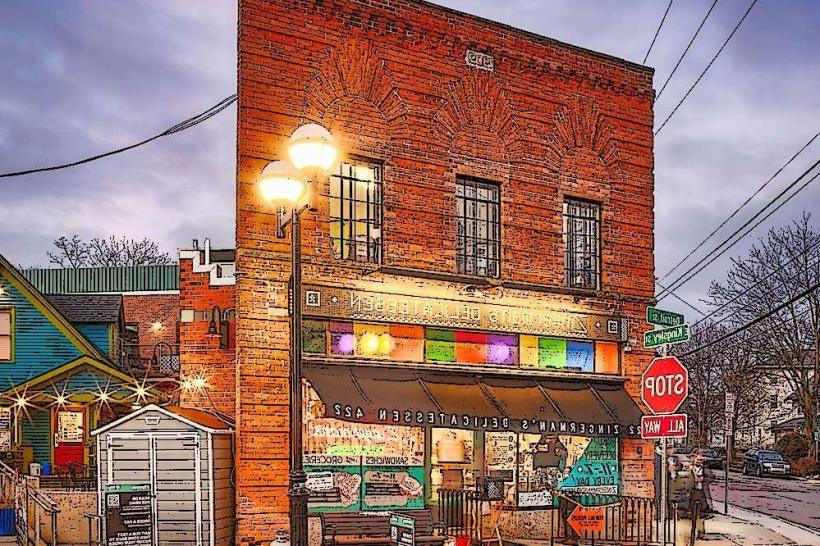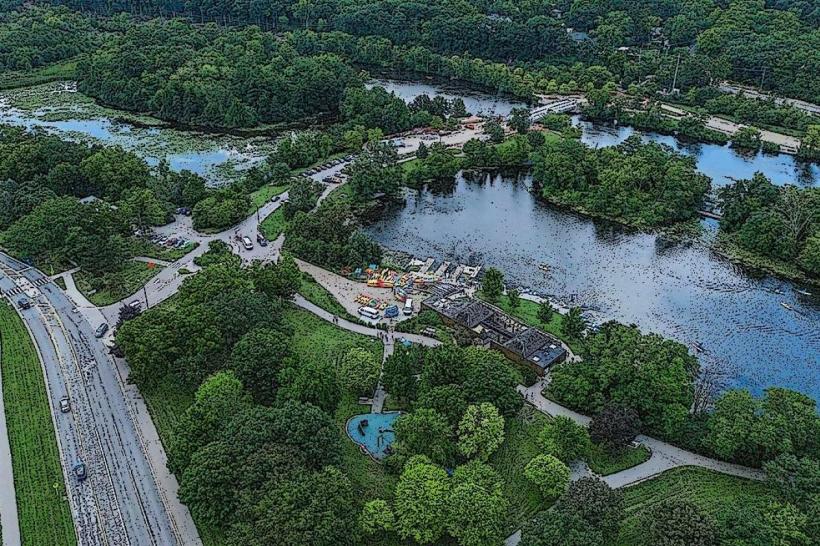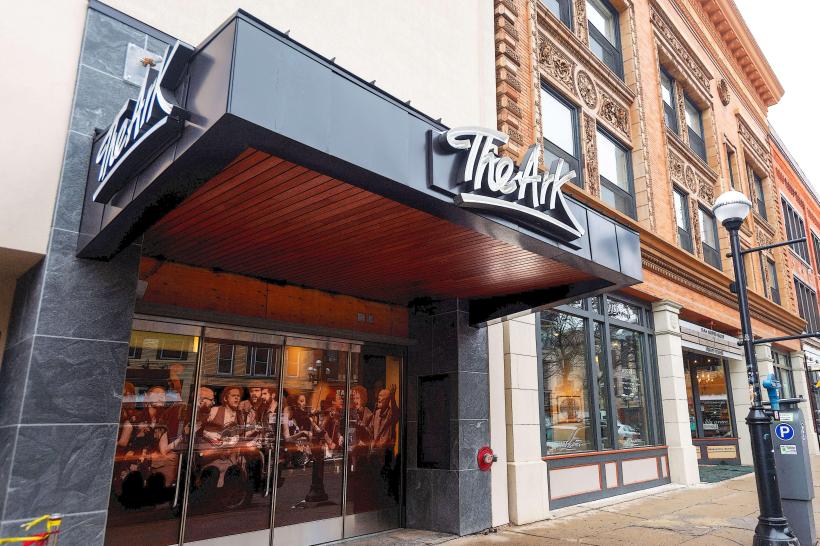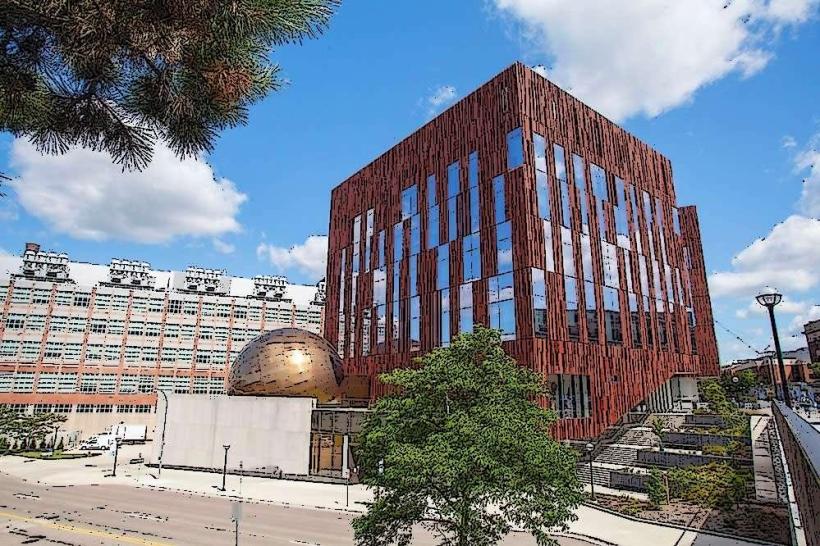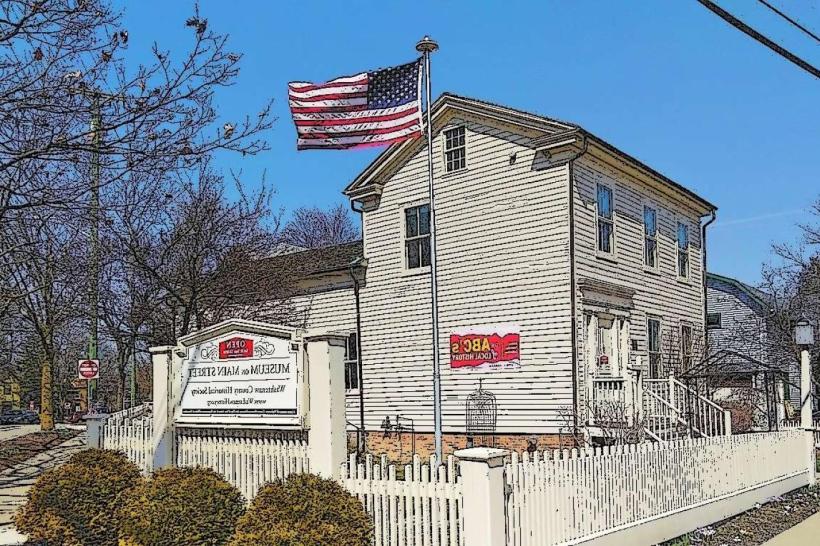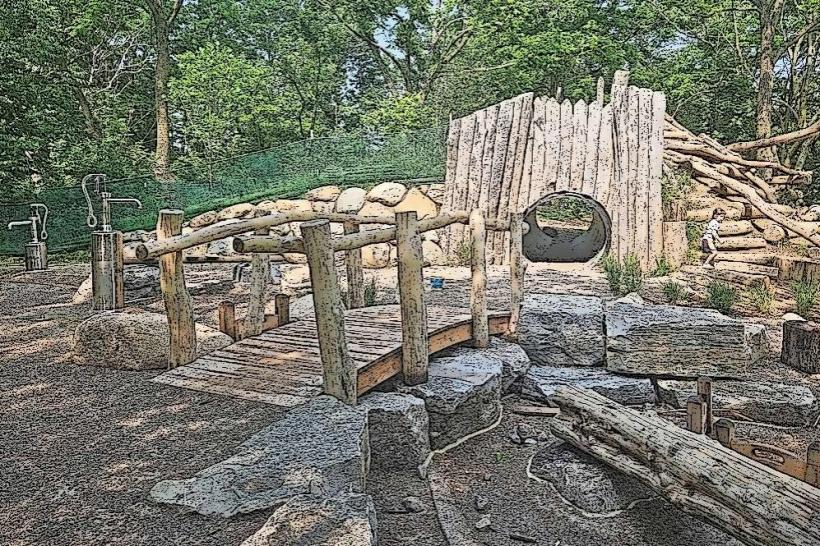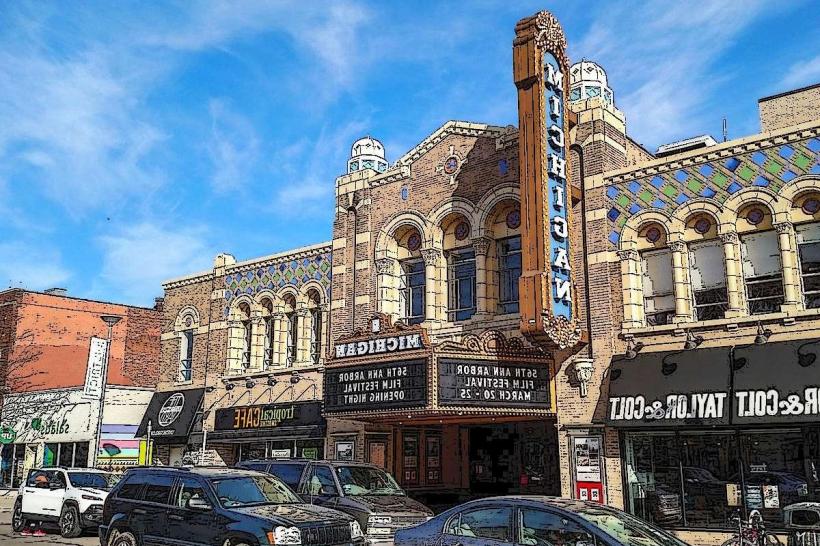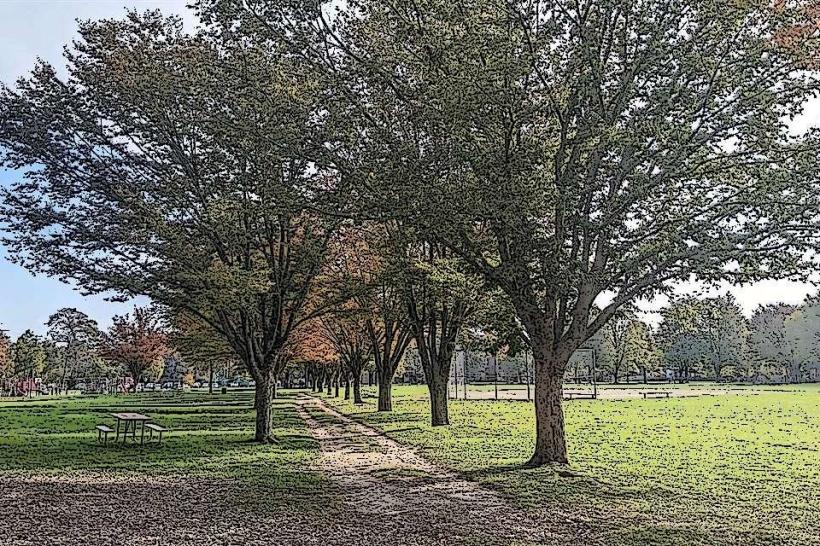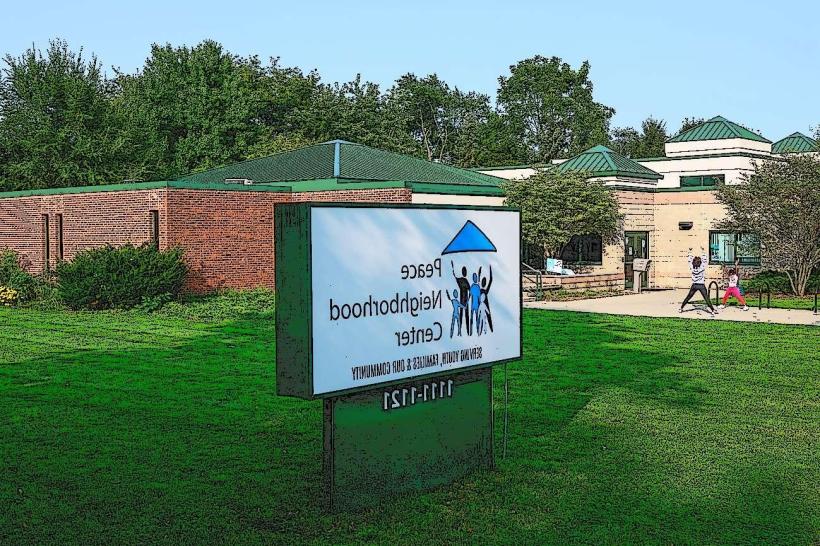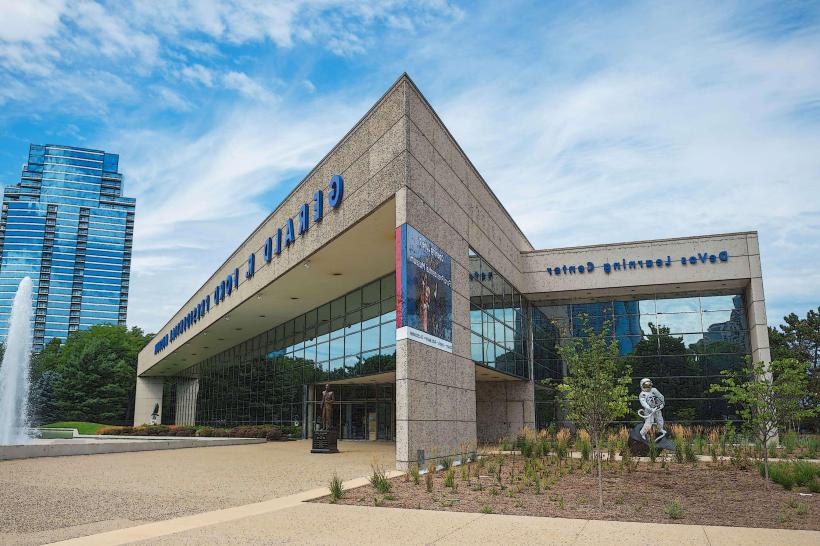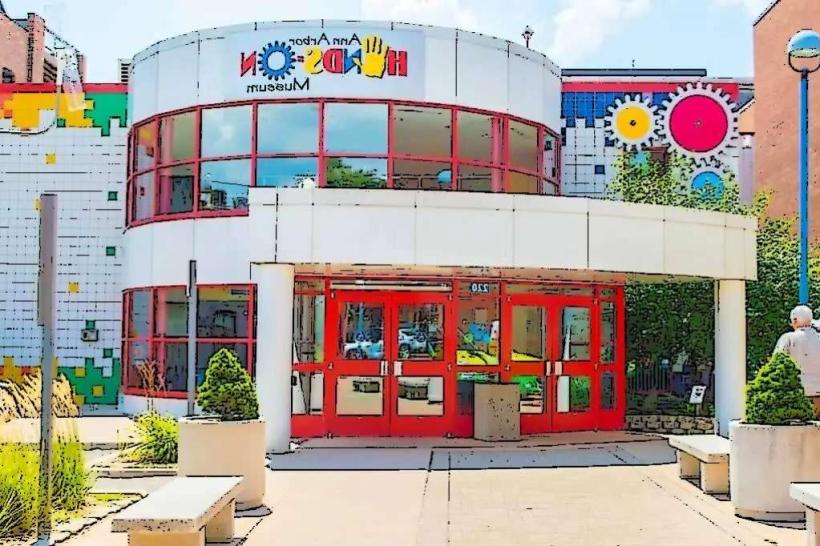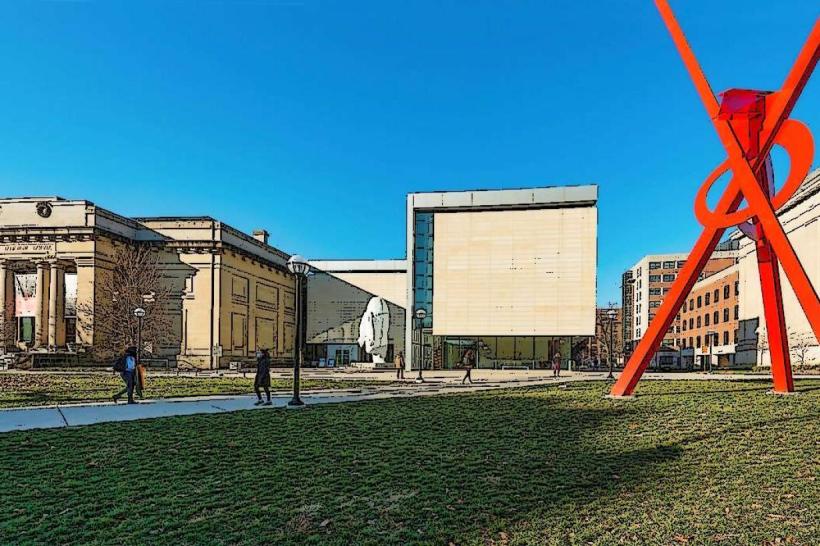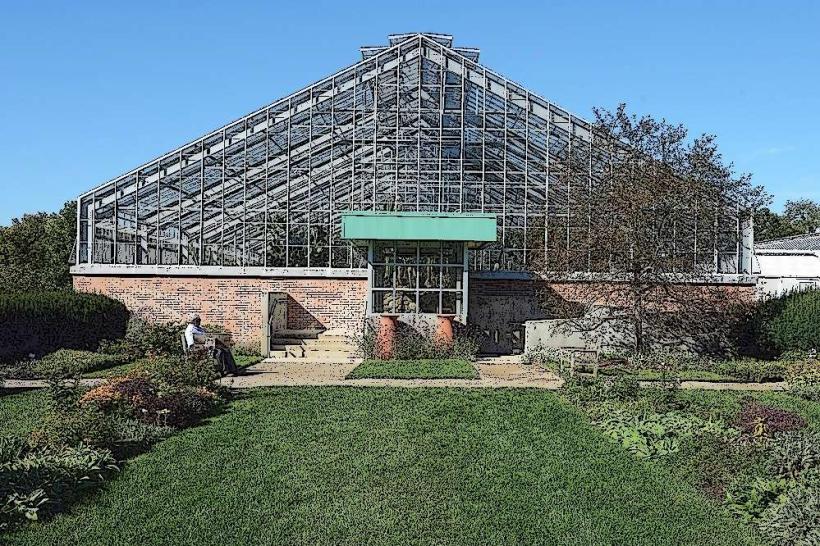Information
City: Ann ArborCountry: USA Michigan
Continent: North America
Ann Arbor, USA Michigan, North America
Geographic and Historical Context
Ann Arbor is located in southeastern Michigan and serves as the county seat of Washtenaw County. It sits roughly 40 miles west of Detroit and is nestled along the banks of the Huron River. Founded in the early 19th century, Ann Arbor quickly developed as a regional hub for education, commerce, and culture, with its growth closely tied to the establishment of the University of Michigan.
Economic Overview
Ann Arbor’s economy is largely influenced by its status as a major college town. The University of Michigan, one of the leading research universities in the country, is the city’s largest employer and economic driver. The presence of the university fosters a knowledge-based economy, with thriving sectors in education, healthcare, technology, and research.
The city also supports a robust startup ecosystem and technology industry, often spinning off innovations and companies related to university research. Additionally, healthcare and biosciences play a critical role in the local economy, with several hospitals and research institutions situated in the area.
Demographics and Culture
Ann Arbor is known for its diverse and highly educated population, attracting students, professionals, and academics from around the world. The city has a progressive and vibrant cultural atmosphere, influenced by its university community and active arts scene.
The community emphasizes inclusivity, creativity, and environmental sustainability. Ann Arbor hosts numerous cultural festivals, music events, and art exhibitions, fostering a lively social scene enriched by a wide array of cultural backgrounds and interests.
Urban Development and Infrastructure
The city’s urban layout combines a walkable downtown core with residential neighborhoods that feature tree-lined streets and parks. Development in Ann Arbor balances historic preservation with modern growth, focusing on sustainable building practices and green infrastructure.
Public transportation options include bus services that connect neighborhoods with the downtown and university areas. The city promotes active transportation such as biking and walking through dedicated paths and trails.
Education and Research
Education is central to Ann Arbor’s identity, anchored by the University of Michigan, which offers world-class programs and research opportunities across numerous disciplines. The university attracts a global community of students and scholars, contributing significantly to the city’s intellectual and cultural vibrancy.
In addition to higher education, Ann Arbor has strong public and private school systems, as well as specialized programs and institutions that support lifelong learning and community education.
Transportation
Ann Arbor is accessible via several major highways, including Interstate 94, facilitating regional connectivity. The city is served by the Ann Arbor Amtrak station and regional bus networks that link to neighboring cities and Detroit Metro Airport, which is located nearby.
Infrastructure supports multiple transportation modes, with ongoing investments in public transit, pedestrian pathways, and bike lanes to encourage environmentally friendly travel.
Recreation and Environment
Ann Arbor benefits from abundant green spaces and natural resources, including parks, nature preserves, and the Huron River corridor. The community actively supports environmental stewardship and sustainability initiatives aimed at protecting natural habitats and promoting outdoor recreation.
Residents and visitors enjoy a variety of recreational activities such as hiking, kayaking, biking, and community sports. Seasonal outdoor events and farmers markets add to the city’s vibrant community life.
Social and Community Life
The city fosters a strong sense of community engagement and civic participation. Numerous local organizations, cultural institutions, and volunteer groups work collaboratively to enhance quality of life, promote social equity, and support the arts.
Ann Arbor values diversity and inclusion, reflected in its social policies, educational programs, and community initiatives that aim to create a welcoming environment for all residents.
This comprehensive profile of Ann Arbor highlights its role as an educational and cultural hub, with a diverse, engaged community and a balanced approach to urban growth and environmental sustainability.

